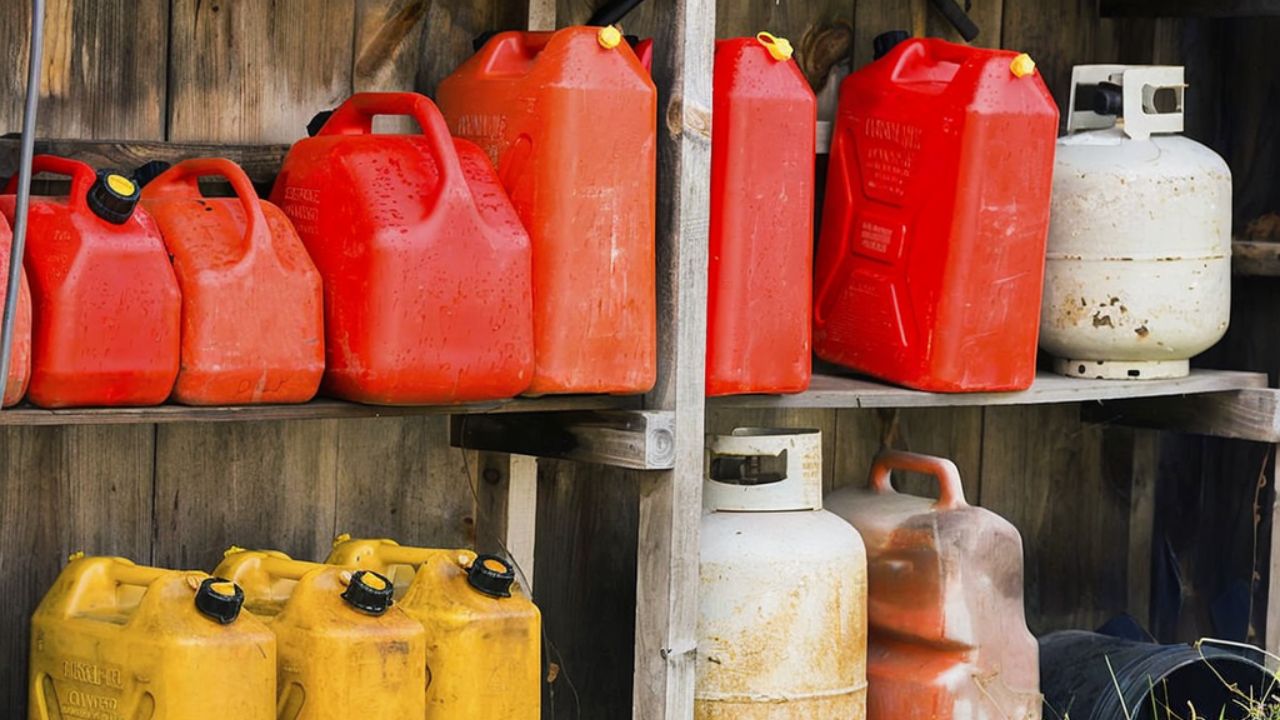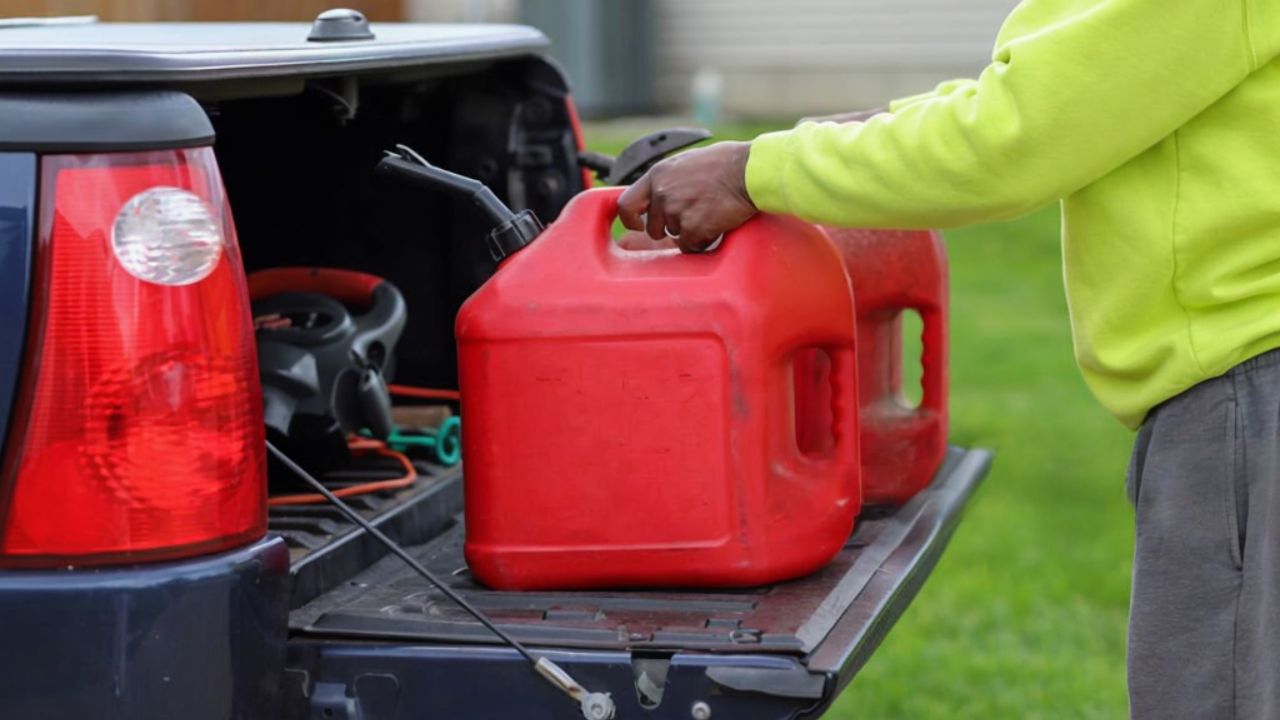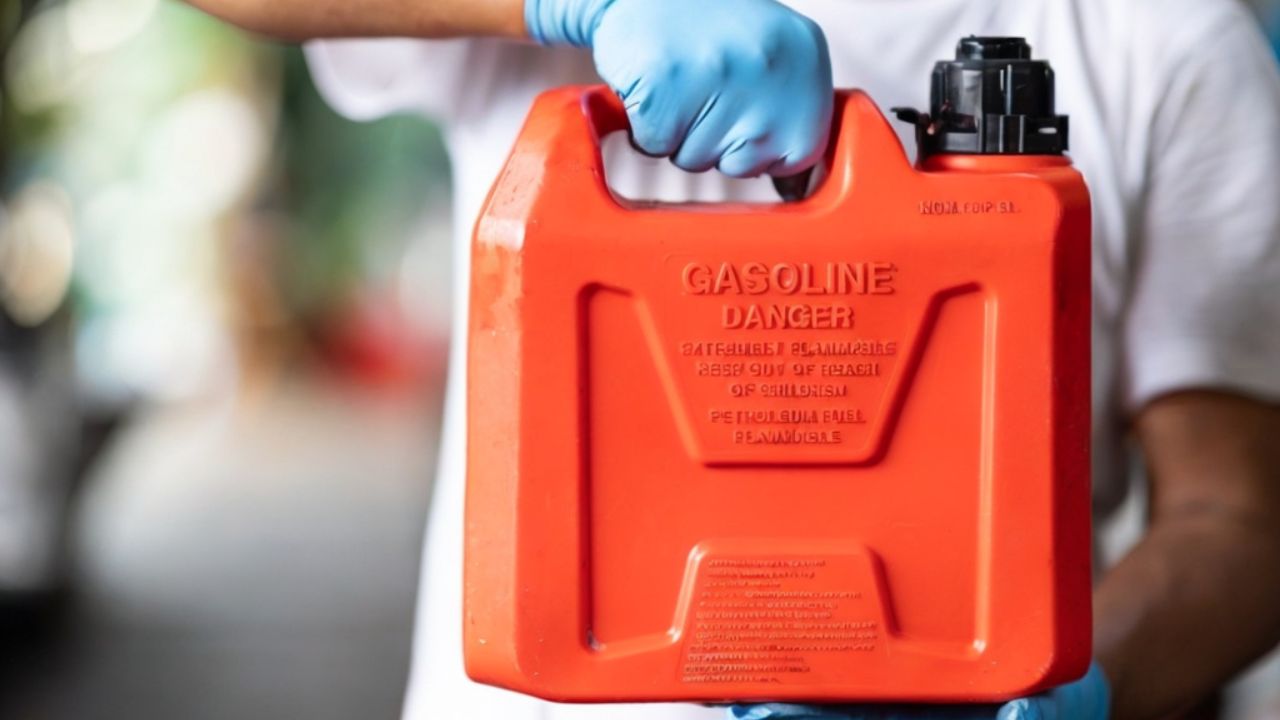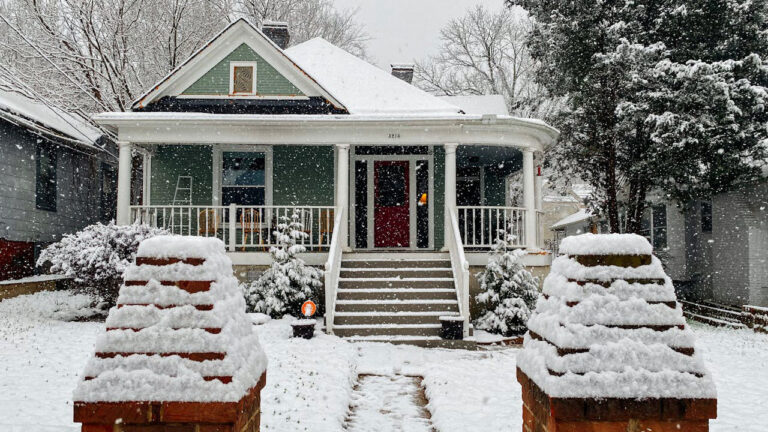You’re probably storing your fuel wrong — and that’s a real problem
You might have a couple of fuel cans tucked away “just in case”, but if they’re not stored right, you’re inviting trouble.
Whether it’s gasoline for your generator, diesel for the tractor, or propane for heating, fuel storage is more than finding a spot in the shed. Mistakes here can cost you time, money, and safety.
Approved containers only
It might seem harmless to grab a leftover container from the garage, but fuel storage calls for deliberate choices. Gasoline must be stored in containers designed for that purpose—marked appropriately and built to handle vapors, pressure, and heat.
Using mismatched cans means higher risk of leaks, fumes, or even fire. If you’re going to store fuel, make that investment once and stop risking the alternative.
Location beats volume
Where you keep your fuel often matters more than how much you keep. Local fire codes and safety guidelines recommend storing flammable liquids in a detached shed or ventilated spot, away from the house’s living spaces and ignition sources.
Heat, direct sunlight, or proximity to a furnace? That’s a bad combo. Move your containers somewhere cooler and safer, and you’ll reduce a lot of the invisible risk.
Mind how much fuel you actually store
More isn’t always better. Fire authorities suggest strict limits on what residential properties should keep on hand—both for safety and regulatory compliance.
If you’re hoarding fuel “just in case” but don’t rotate it or check your local codes, you might have a hazard on your hands instead of a backup plan.
Letting fuel go bad is not just wasteful—it’s dangerous

Fuel left to sit will degrade. Gasoline with ethanol may separate and lose combustibility within months. That stale fuel will clog engines or leave you stranded when you really need your generator or equipment.
Additives (fuel stabilizers) help, but they’re not a free pass. You still must store the fuel properly and rotate it out. Out of sight should never mean “out of mind”.
Label, date, and rotate
It’s tempting to grab a can “from the shed” without thinking twice. But if you don’t know how old the fuel is or whether it’s still good, you’re gambling.
Label the container with the date, the fuel type, and the additive used. Then use older fuel first—“first in, first out” prevents surprises when you need the equipment to actually work.
Propane and diesel aren’t the same
People assume all fuels store the same way. They don’t. Propane has virtually unlimited shelf life when stored safely, but diesel and gasoline degrade.
If you’ve got a standby generator or equipment running on multiple fuels, you need to treat each fuel type differently. One-size-fits-all doesn’t work here.
Keep ventilation and separation in mind
Fuel containers emit vapors long after they’re filled. Vapors are heavier than air and can settle near the floor or travel to ignition sources.
Don’t store fuel under or near heaters, furnaces, or pilot lights. The right location is non-negotiable if you’re serious about safety.
Heat and sunlight speed up problems
Fuel stored in a hot shed or in direct sun breaks down faster, or worse, builds pressure and creates hazards.
Pick a spot shaded, cool, and dry. If that spot is outside the house, even better. It’s true: the smarter your storage location, the safer your plan.
Ignoring maintenance seals the deal

Storing fuel isn’t a “set it and forget it” task. Containers crack, seals fail, regulators change rules, and your stored fuel can become useless or unsafe.
Inspect cans, check for rust, leaks, or bulging. If you bought fuel months ago and ignored it, you’re reducing reliability when you most need it.
Your backup plan will fail if your fuel fails
When the power’s out, the generator won’t be your hero if the fuel is bad. If the tractor won’t run, your routine gets disrupted. If your heat source fails, the consequences can escalate quickly.
Proper storage isn’t “optional prep”—it’s foundational. A backup system without reliable fuel is like a car without gas.
Like Fix It Homestead’s content? Be sure to follow us.
- I made Joanna Gaines’s Friendsgiving casserole and here is what I would keep
- Pump Shotguns That Jam the Moment You Actually Need Them
- The First 5 Things Guests Notice About Your Living Room at Christmas
- What Caliber Works Best for Groundhogs, Armadillos, and Other Digging Pests?
- Rifles worth keeping by the back door on any rural property
*This article was developed with AI-powered tools and has been carefully reviewed by our editors.







